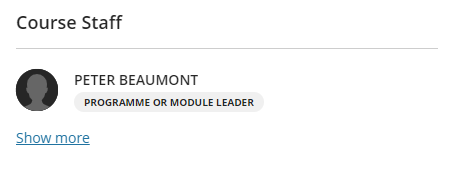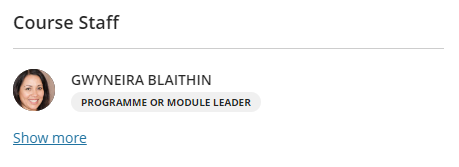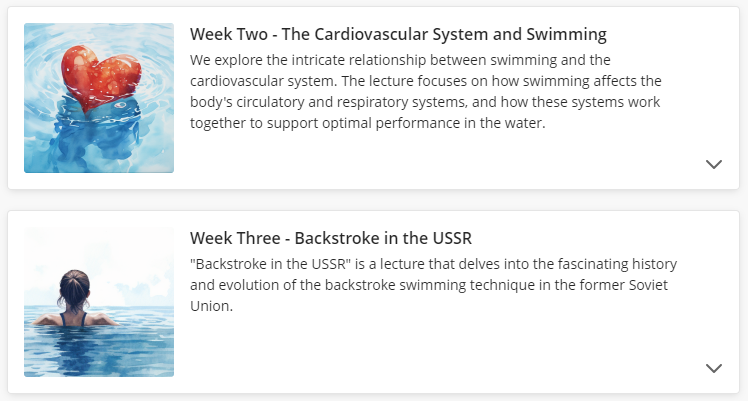
-
Adding Images to Blackboard Document Pages
What are Document Pages?
Blackboard Document pages enable easy creation of web pages within Blackboard. These pages can contain a range of items including text, images, Microsoft Office documents, multiple choice questions, and embedded YouTube videos.
(more…)
-
Why Choose Vevox?
In recent months, we’ve seen a growing trend in the use of online tools to boost student engagement and collaboration, and it’s easy to understand why! Our institution offers licenses for both Padlet and Vevox. While we’ve already covered Padlet in a previous post, it’s time to highlight the fantastic features of Vevox!
Vevox is a user-friendly live polling, quizzing, surveys & Q&A app that can be used in various ways to enhance interaction. To get started, simply sign in here: Vevox Sign In and choose Login with SSO for easy access through our single sign-on system (the exact same username and password you use for all Edge Hill systems).
(more…)
-
Quick Ways to Improve the Student Experience
Improving the student experience, including their experience of organisation and management, is very important.
Student feedback shows there are a few things that they would appreciate from your Blackboard areas. In this post we show how you could make some quick changes that would help students.
1. Identify the module leader clearly.
If a number of staff have access to your Blackboard area, you can still ensure it is clear who the actual module leader is. The Display the Module Leader to Students (0:35) video shows you how to do this by adding a ‘Primary Instructor’.

2. Include a module leader image.
You can upload a profile picture in Blackboard, so that you don’t appear as a grey face. This profile picture appears in various contexts throughout Blackboard such as the Course Staff area, and the Discussion tool. Watch the Adding a Profile Image to Blackboard (0:38) video, and add one now. This only needs doing once and the image will be seen in all Blackboard areas.

3. Organise Content
Name content clearly and consistently. This will allow students to browse or search for items.

Use Learning Modules to organise content. These allow students to easily navigate content. Use a consistent naming convention such as ‘Week One: Topic Name’, ‘Week Two: Topic Name’, etc.
Include descriptions to give students context, and reasons to explore further.

Explore organisation of your content in more detail by watching a recorded version of Carol Chatten’s ‘Organising Content in Blackboard‘ session (~28 minutes).
4. Make session details more visible.
You could make session details more visible by adding the timetable to the top of the page, and add the key details to the title, and description.

For very basic course timetables it is possible to put time, date, and location of sessions in the Course Schedule feature. The Course Schedule Feature in Blackboard (1:23) shows how this works. Note that this doesn’t take ‘reading weeks’/weeks-off into consideration, and will still create Blackboard calendar entries for those weeks.

5. Make contact details more visible.
You could include your contact details in the description for your ‘Information’ Learning Module.

Some people like to add text to their course images/banners, and some have included email addresses on these. We have a video guide and a template that you can use to help you add text to the image without sections of it being cut off for some users. Remember that text added this way can be too small and less accessible (particularly on mobile devices) so Blackboard do not recommend doing this. As with all online images alternative text should be added when they are added to Blackboard for those who use assistive software like screen readers.
